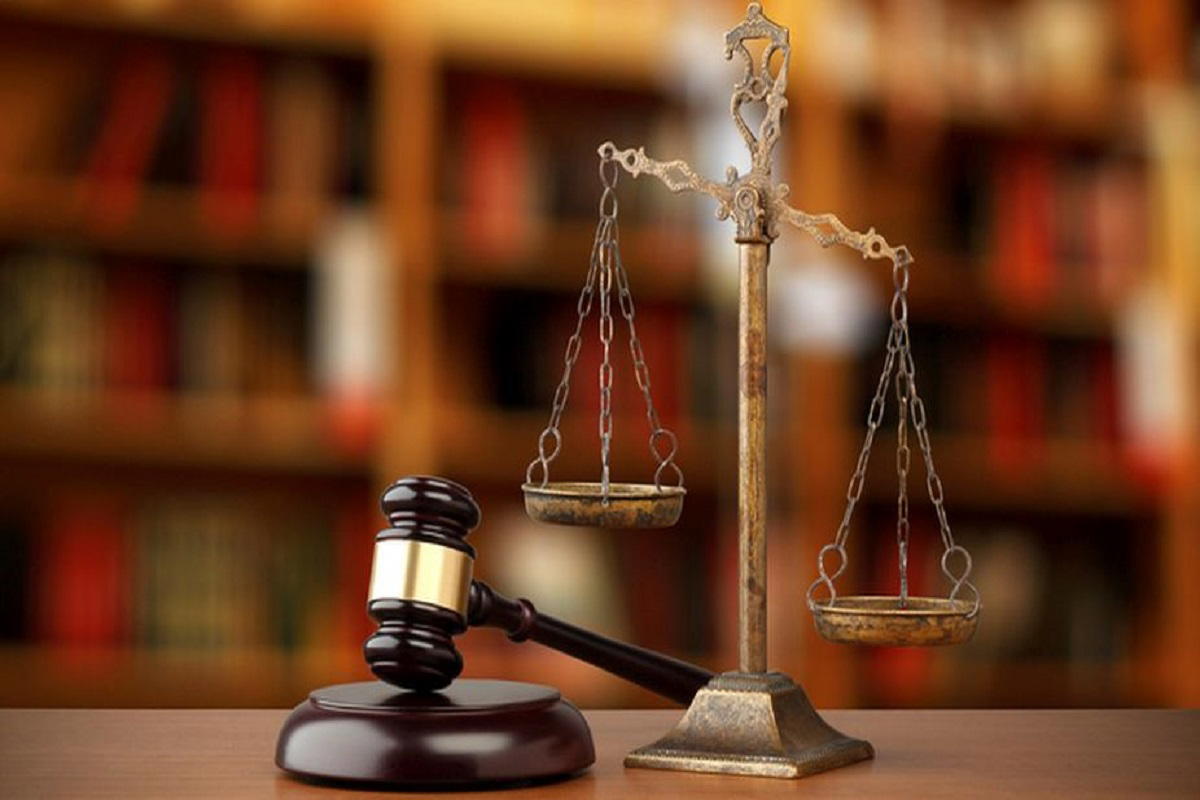THE Judicial arm of government, especially at the Federal level, has always been seen as a platform for political muscle-flexing in Nigeria. The orientation of this notion has changed over the years as general rot set into the political system at large and the Judiciary in particular. In the First Republic, the North felt that the West used its pre-eminent position in the Judiciary to challenge its political authority through its plethora of lawyers and judges, especially the latter. They massively enrolled their youth to read Law, with the strategic intention of getting them appointed as judges. It was no accident that between 1987 and 2016, all the eight Chief Justices of Nigeria, CJNs, were from the North, with seven of them being Muslims. The dominance ended with the appointment of Justice Walter Onnoghen, and only because President Muhammadu Buhari was not available to continue the regional trend. The new fashion now is that senior members of the Judiciary, retired and serving Supreme Court judges and power players in the Judiciary hustle their children, wards, and relations into the Bench. The emerging picture is that of a future Federal Judiciary chiefly populated by the sons, daughters, and close relations of serving and retired senior members of the Bench.
In an outrageous and unabashed display of abuse of privilege, out of the list of 33 names approved by former President Muhammadu Buhari for appointment as judges in the Federal Capital Territory, FCT, 22 were children and relations of powerful serving and retired members of the National Judicial Council, NJC, and other senior Benchers. According to Open Bar Initiative, a legal sector advocacy group, many of these appointments violated Section 255 of the 1999 Constitution which prescribes, among others, a minimum of 10 years as a legal practitioner for eligibility for appointment as a judge of the FCT High Court. According to the group: “The suggestion that the Judicial Service in Nigeria is an inheritance transmitted from parents to children is not supported by the Constitution or any other instrument under Nigerian law. This is an abuse of the Constitution by those who…nominate judges for appointment”. This abuse is linked to the emerging power of the Judiciary in our elections. Our politicians and some election officials, after buying and selling our elections, approach the Judiciary to determine the winners. The power that belongs to the people has been gradually transferred to the Judiciary, and judges who serve on electoral tribunals are well-positioned to wield power and get rich. The National Assembly must arrest this creeping danger to our democracy and justice administration through appropriate legislative intervention.

